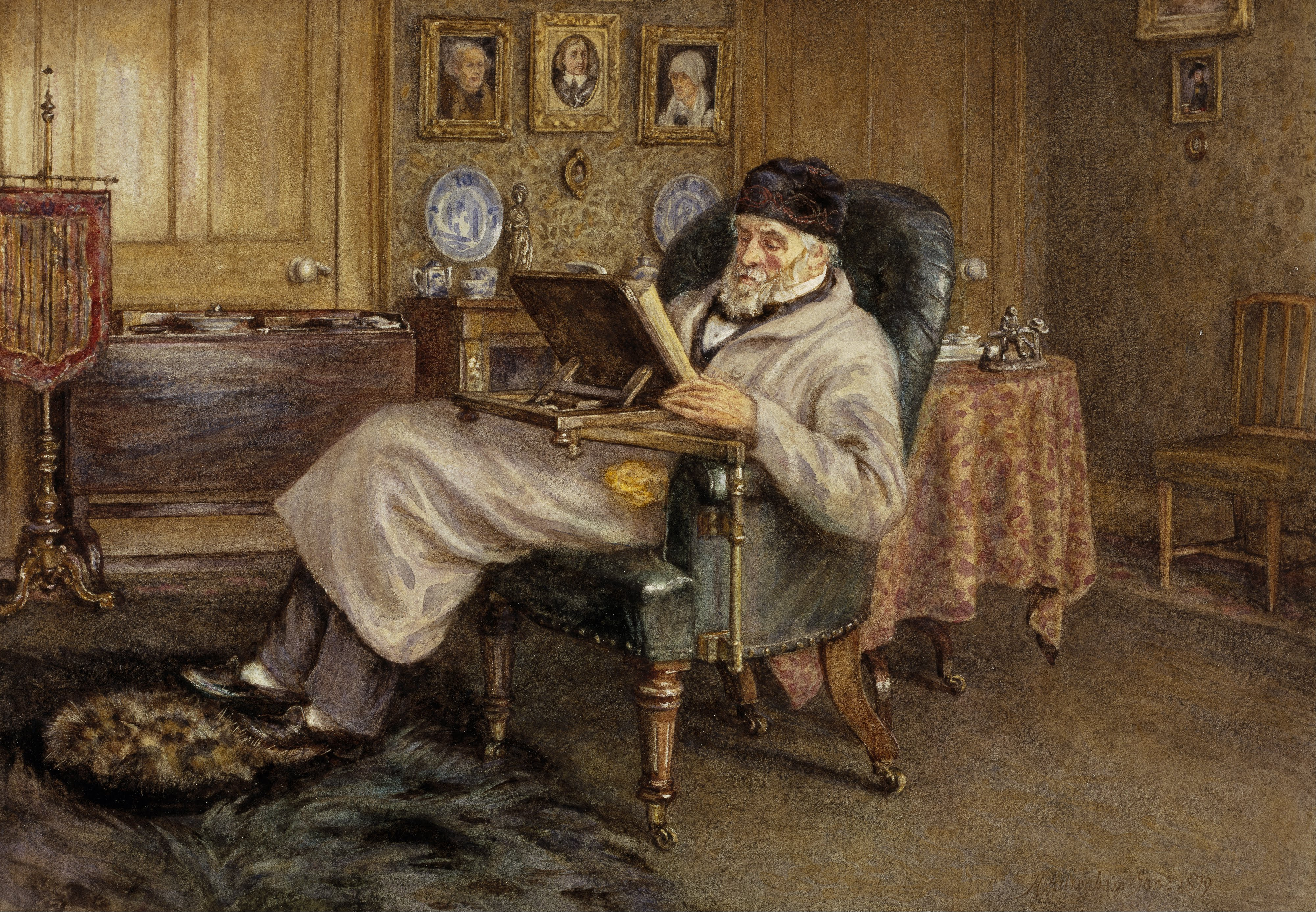 |
| Freud's Last Session. Photo: Kevin Sprague on Flickr CC BY-ND 2.0 |
 Games People Play: The Psychology of Human Relationships by Eric Berne
Games People Play: The Psychology of Human Relationships by Eric BerneMy rating: 3 of 5 stars
I first read this book in about 2003. It was suggested to me by a woman with big hair who was making comments about other women with big hair. Bizarre! But I didn't see that game in Berne's work. As I began reading, I was struck by the 1960s tone. It was like watching the scene in Mad Men where Don Draper is discussing Betty's "psychological" problems with her psychiatrist, and the husband has more control over the process than the wife. Issues of American middle-class culture in the '60s emerge from time to time, and I wondered how such a book would fare today! It would be a candidate for the game of "Outrage" no less! But this time, I tried to comprehend the transactional analysis process by writing it down and going over the basis premises of games, and the social versus psychological roles of Parent, Adult, and Child, and how transgressions of social and psychological roles can lead to various games and situations. There is an emphasis on the results of group therapy and the therapist's observations of games, and it is clear that one is glimpsing the developmental stages of the profession of psychology (not so much psychiatry) as we know it today. Berne's work is based on his earlier publication, Transactional Analysis in Psychotherapy, and while it is suitable for a well-read general audience, the psychology professional is clearly in mind. I daresay the analyses and types of games have developed significantly since the book was written, but it is rather helpful in recognising different types of "games people play", even if all one can do is identify and then avoid such games. There are elements of Berne's idea of games that resonate with game theory in political science, albeit with less rigour in identifying the inherent biases. Nonetheless, it must be acknowledged that the behavioural revolution in political science was only beginning at this same time, and no doubt Berne was at the forefront of this revolution that continues to influence the social sciences.
View all my reviews
 Donate
Donate







